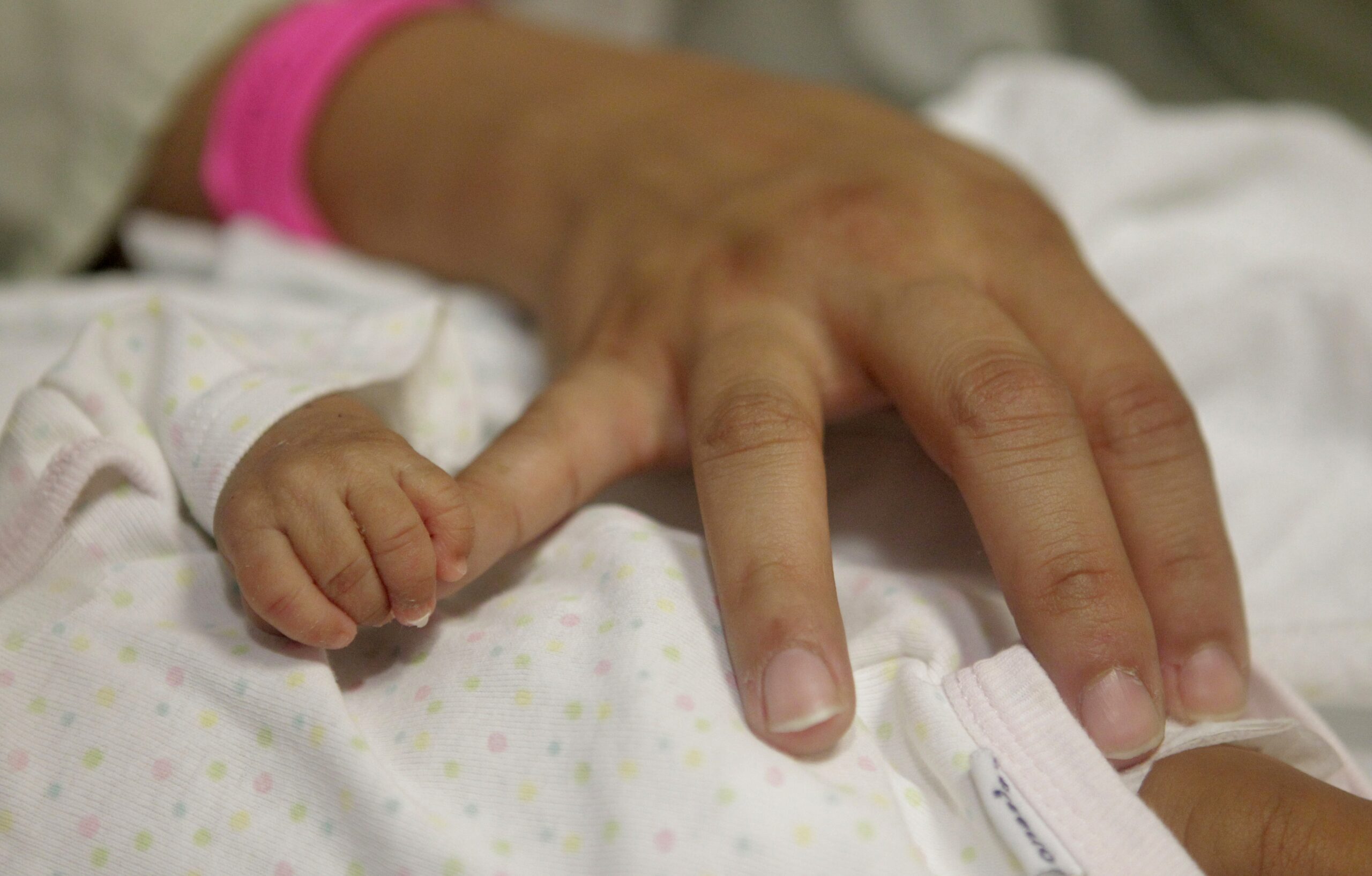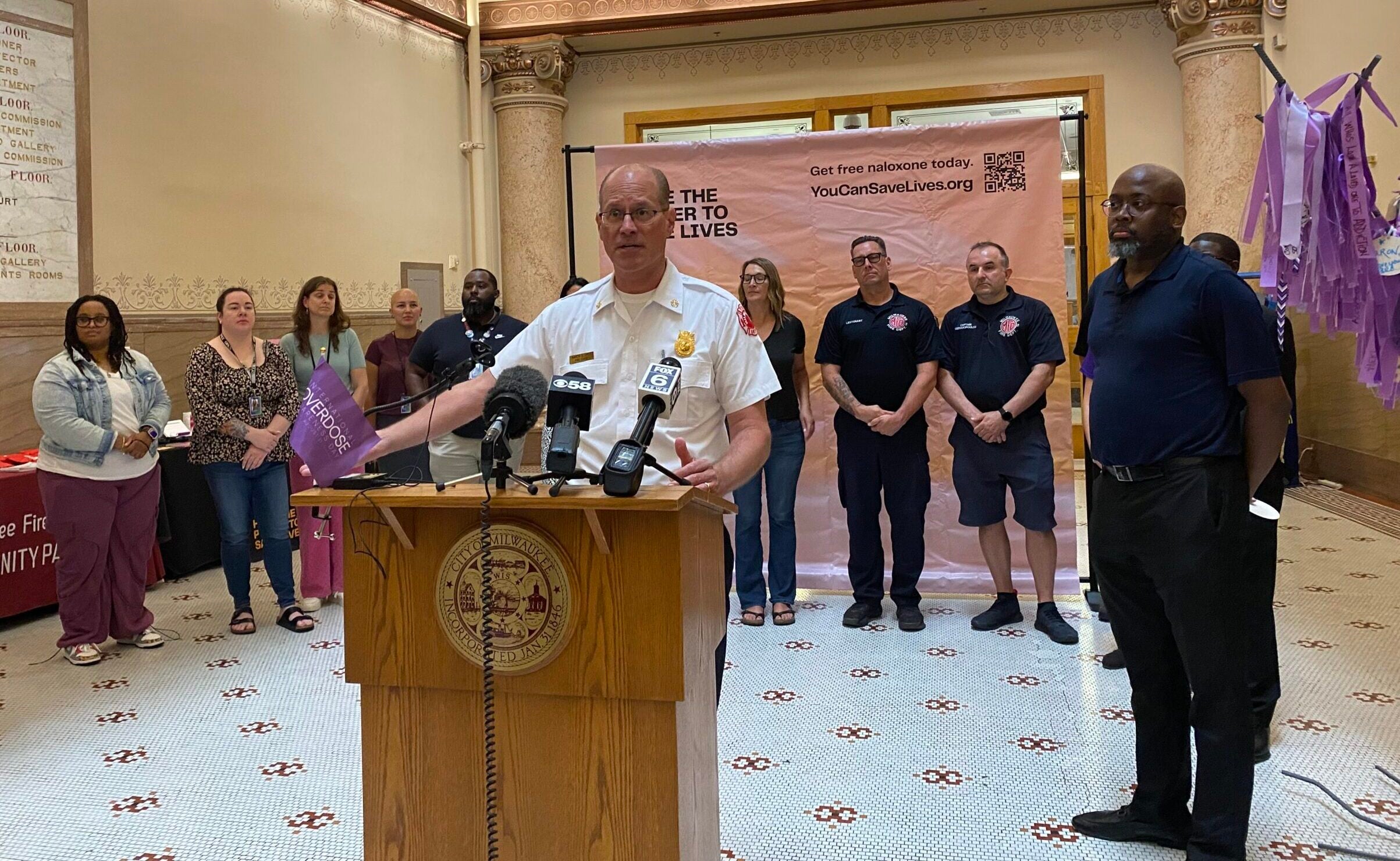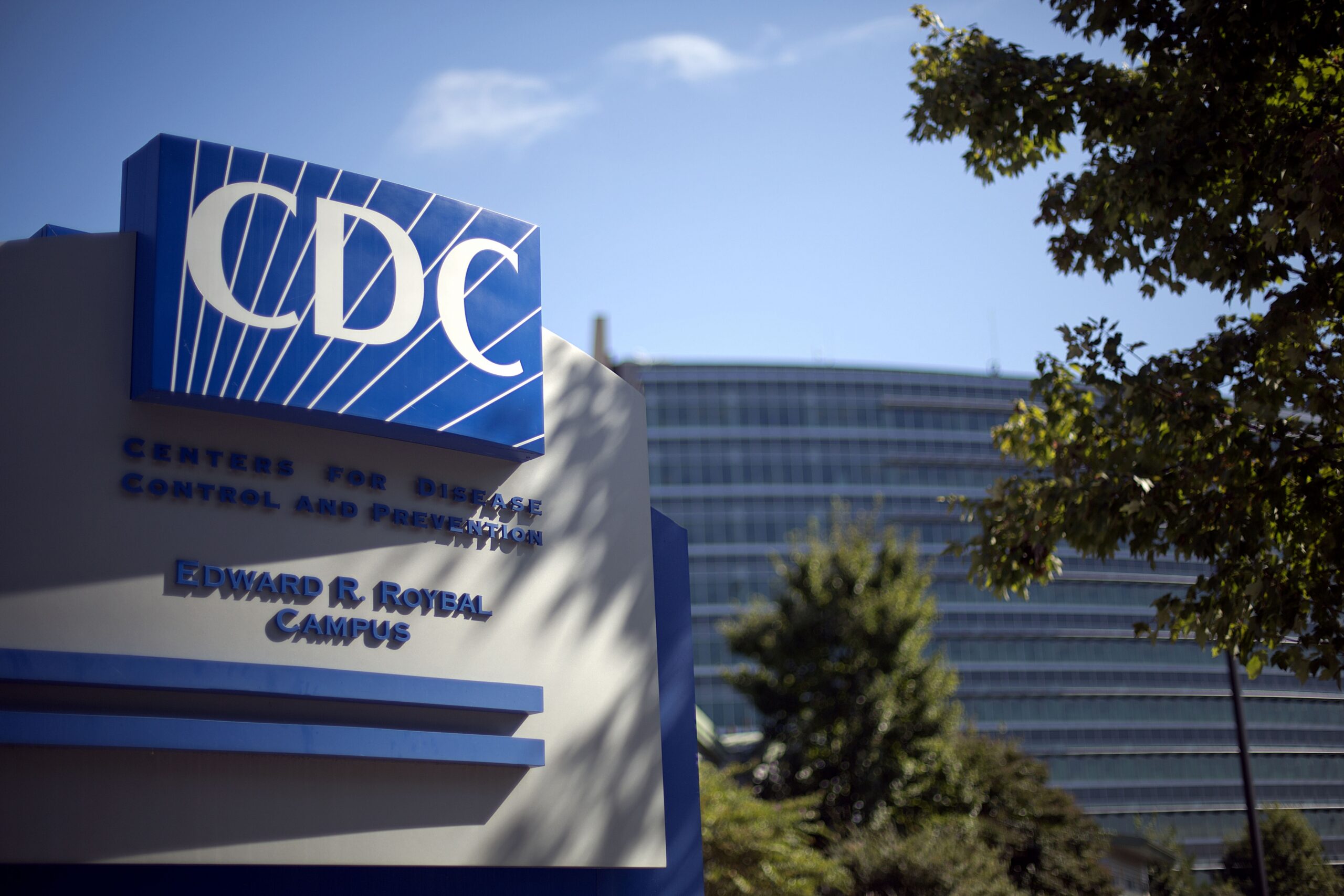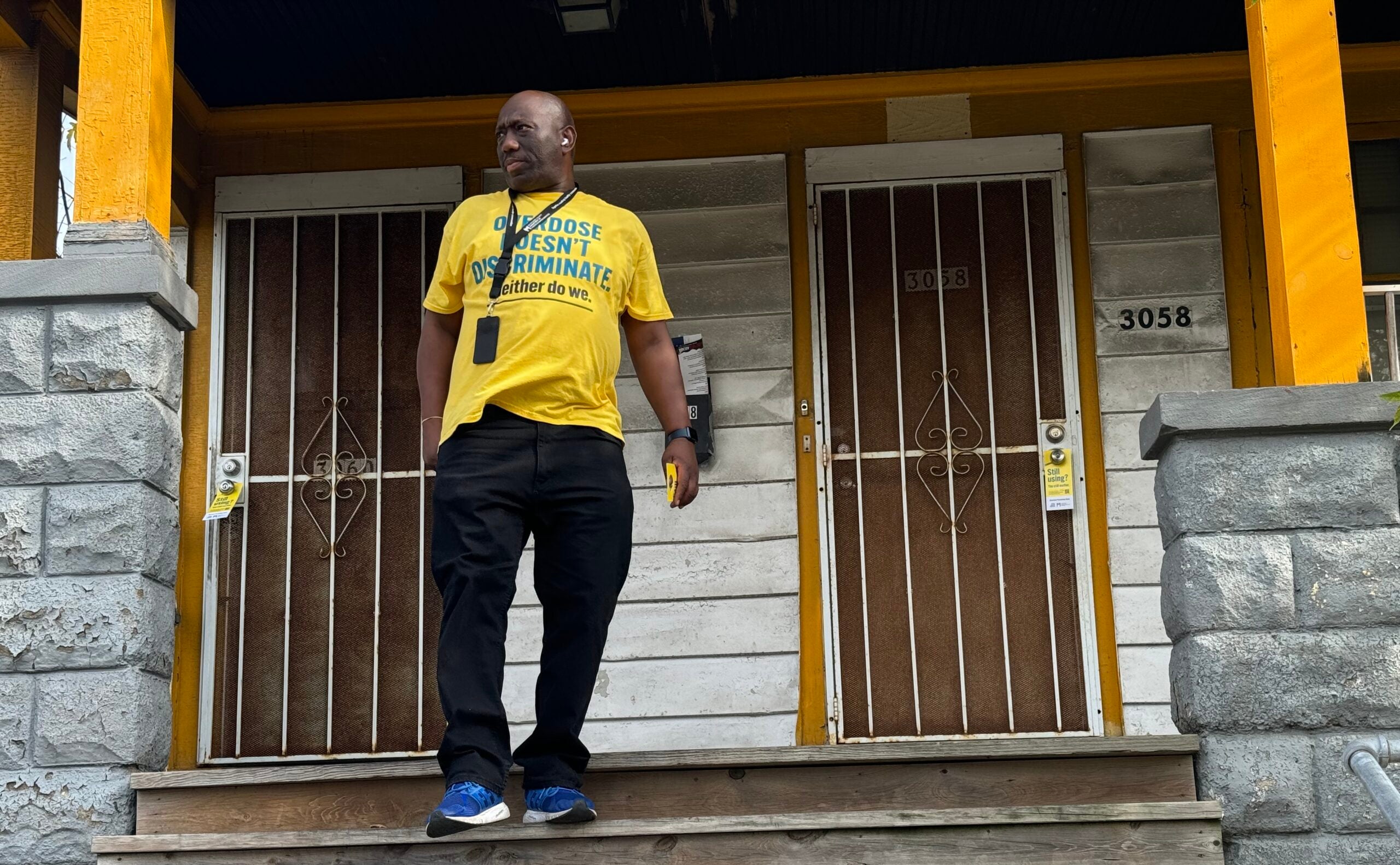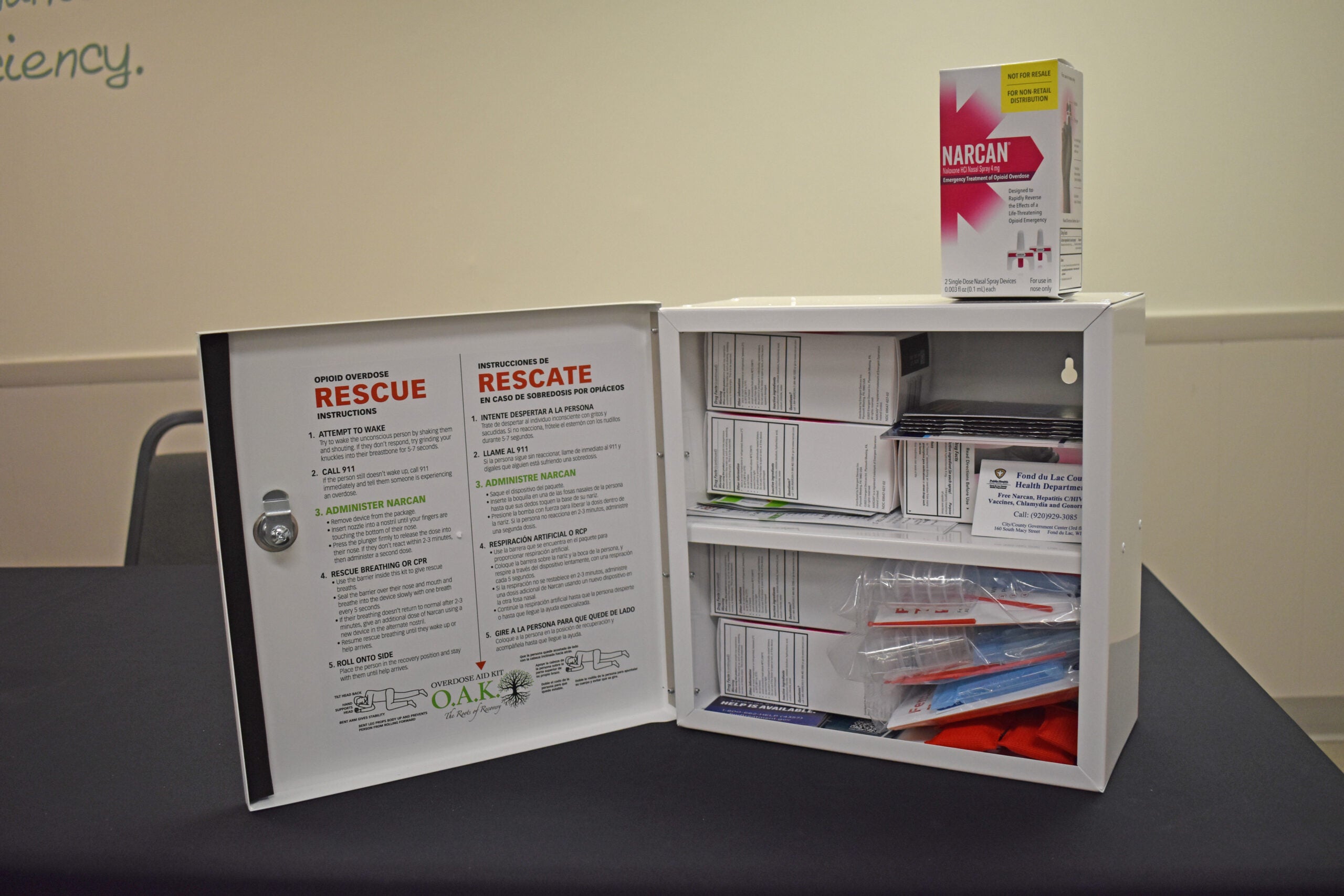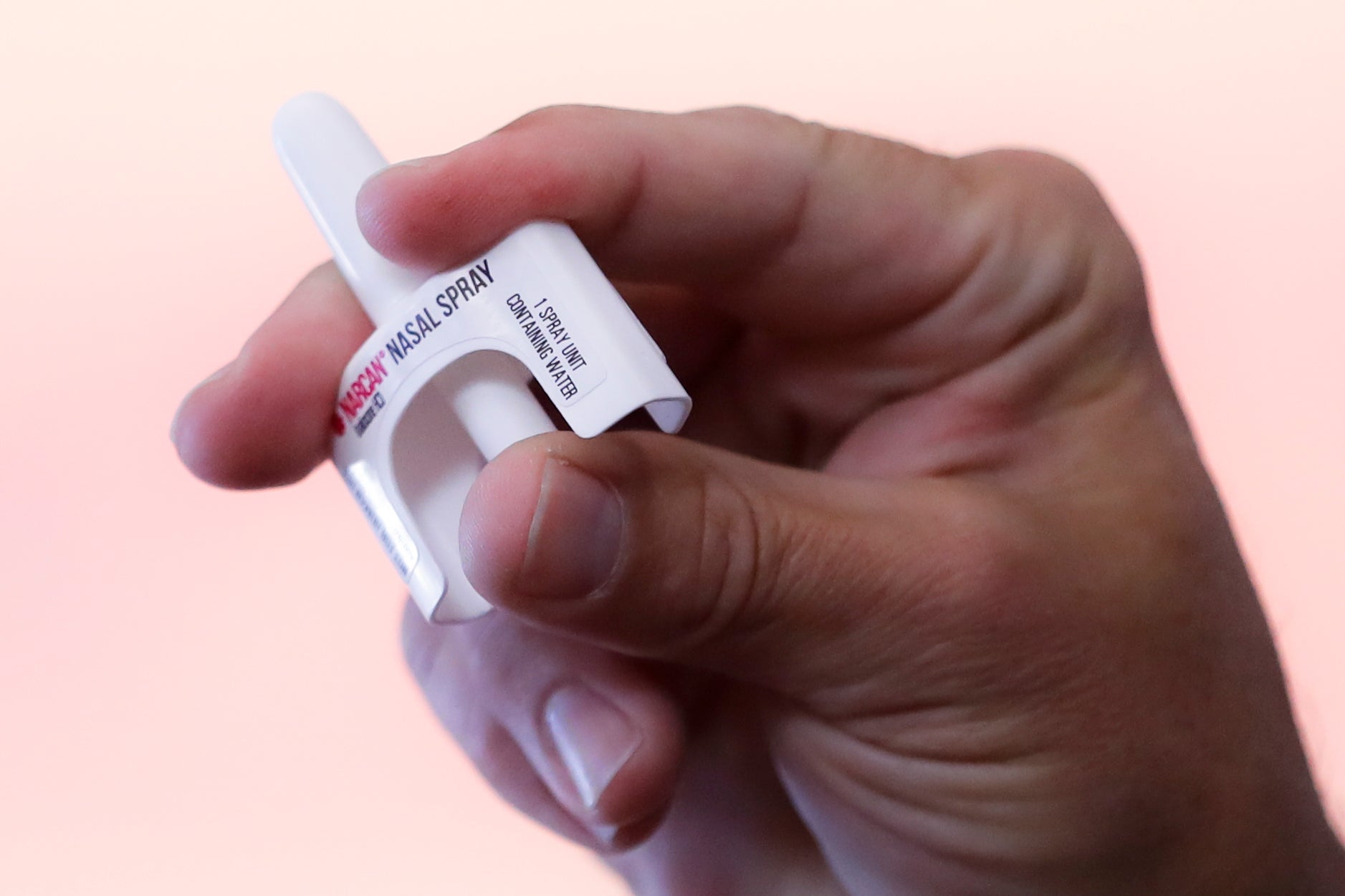Expecting mothers dealing with substance abuse face substantial health and recovery challenges. A new pilot program in Dane County is hoping to help those mothers both throughout their pregnancies and for three months after birth.
The program, Pregnancy2Recovery, is a partnership between SSM Health and Safe Communities of Madison-Dane County. Health providers at SSM Health clinics across the county will work to identify patients and give them an opportunity to participate in the program.
So far, four women are enrolled in the program, said Tanya Kraege, a recovery coach supervisor at Safe Communities. The program started at Safe Communities in August, and then they partnered with SSM Health. The partnership was finalized in late December.
News with a little more humanity
WPR’s “Wisconsin Today” newsletter keeps you connected to the state you love without feeling overwhelmed. No paywall. No agenda. No corporate filter.
The program is the first in the state to pair pregnant women struggling with substance abuse with recovery coaches, and according to SSM Health, it is the first in the nation.
Women who participate are paired with a recovery coach who guides patients toward resources and support they may need, including medication assisted treatment. All recovery coaches have gone through either drug or alcohol addiction during their pregnancies.
Kraege said the relationship between the coaches and expecting mothers is important because they have shared experiences.
“It’s a very sensitive issue,” she said. “It’s even more so, I believe, for … people who are pregnant because there’s a greater stigma on women who are pregnant than there is for a different type of person in active addiction. And so there’s even a larger barrier that we have to overcome.”
In addition to the stigma, women who take opioids during their pregnancy can have preterm births, and their babies can suffer from neonatal opioid withdrawal syndrome, among other health issues.
But according to the Centers for Disease Control and Prevention women who take opioids while pregnant shouldn’t just stop taking the drug.
“In some cases, avoiding or stopping medication use during pregnancy may be more harmful than taking it,” according to the CDC.
Due to the complications both during and after birth for both mothers and babies of mothers struggling with addiction, the program continues support once the baby is born.
“Also being able to support them in the first three months after they have their baby, because that’s a critical time for people who struggle with opiate use disorder to relapse, whether it be from … feelings that they’re having about postpartum, feelings that they’re having about having watched their child go through neonatal abstinence syndrome, or maybe their prescribed pain medication because they had a cesarean or just general labor pains that come along with that as well,” Kraege said.
Tanya Kroll is a clinic manager with SSM Health Dean Medical Group. She said the Pregnancy2Recovery program took months to coordinate, and health providers and staff have since embraced it.
“It’s not about judgment,” Kroll said. “It’s not about, you know, labeling people or saying, ‘You know why, how could you, how could you do this?’ It’s really about saying, ‘OK, let’s just sit down. This is what’s going on. What can we help with?’ … I think that’s what our patients need.”
The Wisconsin Department of Health Services identified 1,041 instances of opioid use during delivery hospital stays in 2014, more than triple the amount in 2009. Kraege said this program was a response to conversations and work Safe Communities did in the community with women addicted to opioids.
Wisconsin Public Radio, © Copyright 2026, Board of Regents of the University of Wisconsin System and Wisconsin Educational Communications Board.
